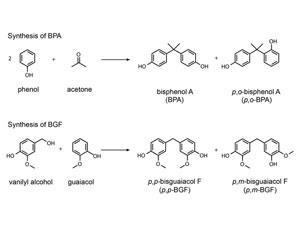Plant-derived plastic shows benefits of BPA without the toxicity

BPA substitute from paper by-product was first published by Chemistry World.
Plant-derived plastic shows benefits of BPA without the toxicity

BPA substitute from paper by-product was first published by Chemistry World.
No comments yet